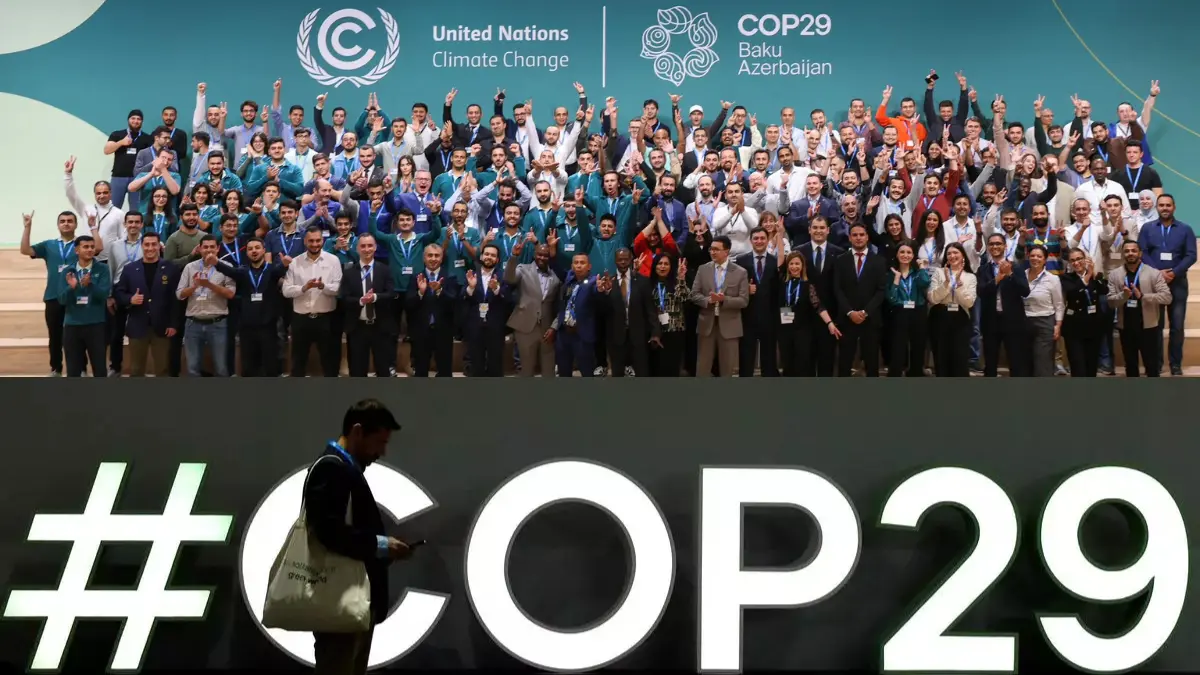
A recent Nobel Prize in Economics has stirred up significant debate. The prize was awarded for work in New Institutional Economics, a field that focuses on how institutions, like governments or laws, influence economic performance. Critics argue that this award continues to promote neoliberal ideas, which might not be the best fit for solving today’s global challenges like inequality, climate change, or poverty. Is this type of economic thinking out of touch with the needs of the modern world? Let’s dive into the details.
What is New Institutional Economics?
New Institutional Economics is a branch of economics that looks at how institutions—things like property rights, contracts, or legal systems—affect how economies grow and function. The idea is that strong institutions create the rules of the game for businesses and individuals, leading to better economic outcomes. For example, a country with clear laws around property ownership might attract more investors, boosting the economy.
The Nobel Prize was given to economists who have researched this topic and shown how institutions impact development. However, critics say this type of thinking is too focused on the role of markets and private ownership, which are core elements of neoliberalism—a system that emphasizes free markets, privatization, and limited government intervention in the economy.
Why Are Some People Upset?
The main argument from critics is that New Institutional Economics doesn’t address the world’s most urgent issues. Neoliberal policies have been linked to widening inequality, environmental degradation, and a focus on profit over people. Critics believe that while markets are important, they shouldn’t be the only solution to problems like climate change or poverty.
Many feel that this Nobel Prize is continuing a trend of rewarding ideas that prioritize markets and private enterprise over stronger government policies or social safety nets. In a world where climate change is a growing concern and inequality is increasing, they argue that we need new ways of thinking about economics—ones that focus more on sustainability and fairness, rather than just economic growth.
Supporters of the Prize
On the other hand, supporters of New Institutional Economics argue that strong institutions are crucial for solving global problems. They believe that without solid laws, property rights, and functioning governments, it’s impossible to make lasting progress on issues like poverty or environmental protection. From their perspective, markets can work well if they are supported by good institutions.
Supporters also point out that many developing countries have benefited from reforms inspired by New Institutional Economics, leading to improved living standards. They argue that the Nobel Prize recognizes work that has real-world impact, especially in helping poorer nations build better systems.
What Could Happen Next?
The debate over this Nobel Prize raises important questions about the future of economics. Will the world continue to rely on market-based solutions, or will we see a shift towards new ideas that focus on fairness and sustainability? This controversy might push more people to question whether traditional economic models are enough to tackle today’s challenges.
As the world continues to face crises like climate change and inequality, there may be more pressure on economists and policymakers to explore new approaches that go beyond the usual focus on markets and profits.
In the end, the Nobel Prize in Economics has sparked an important conversation about the direction of global economic thinking. While some believe New Institutional Economics is still relevant, others are calling for a shift towards new ideas that prioritize people and the planet over profits.








